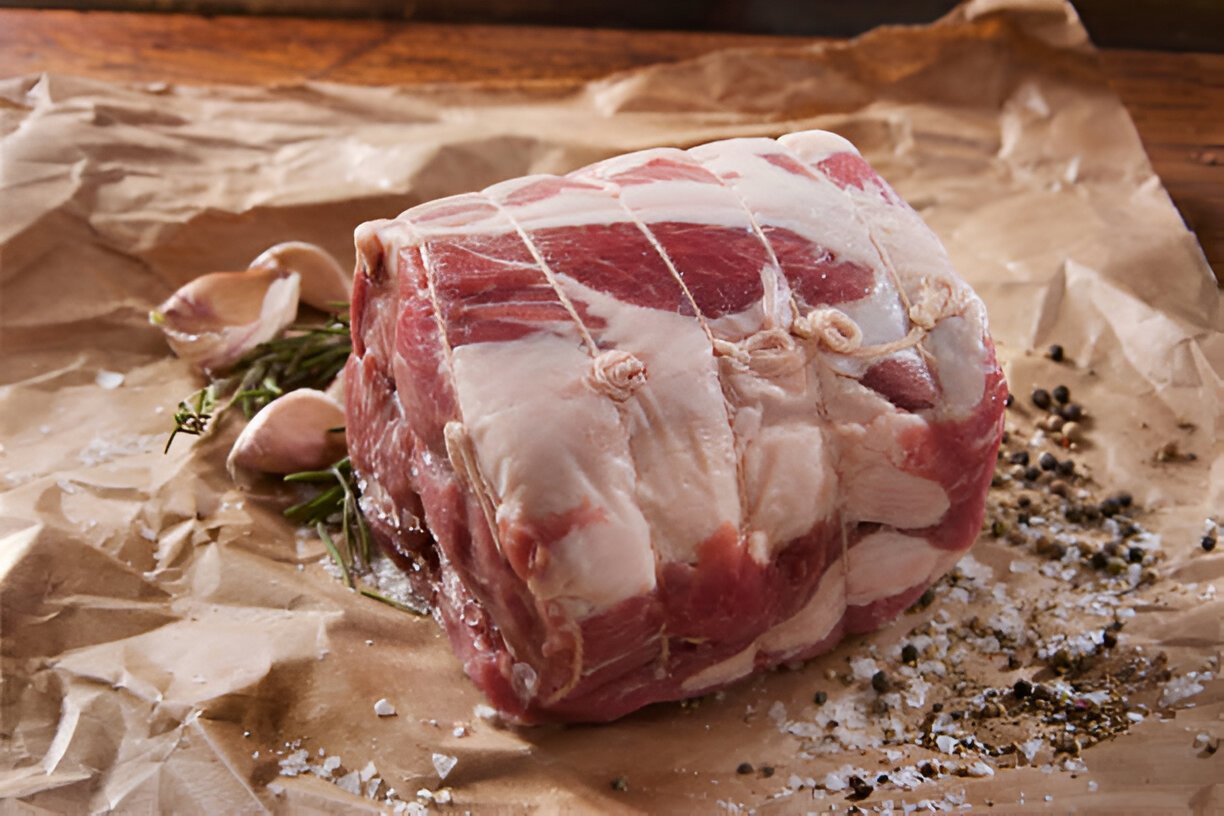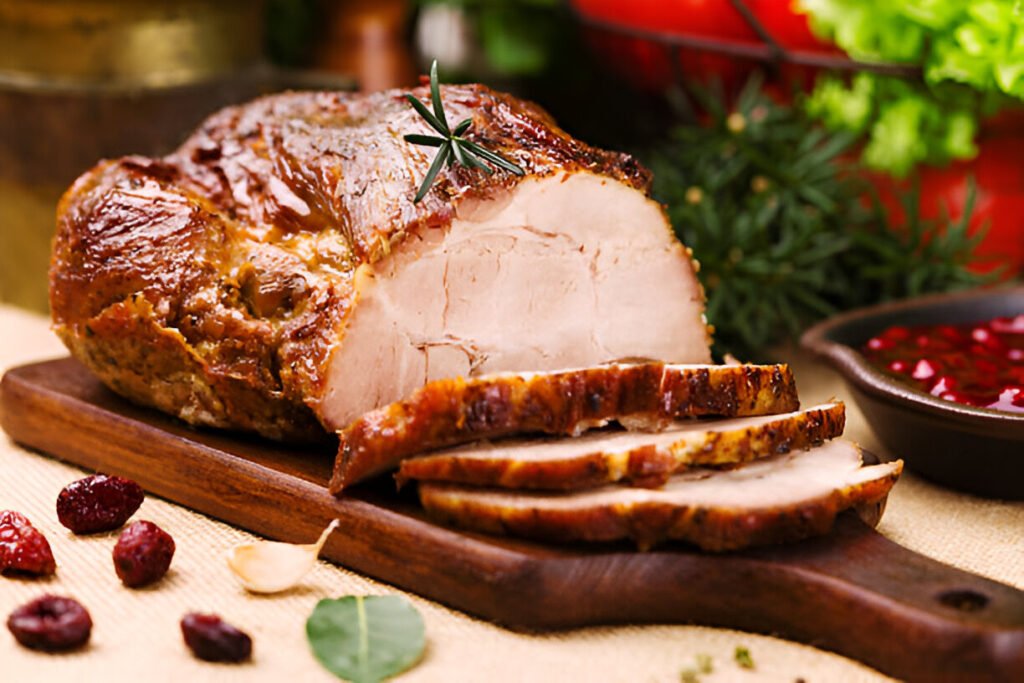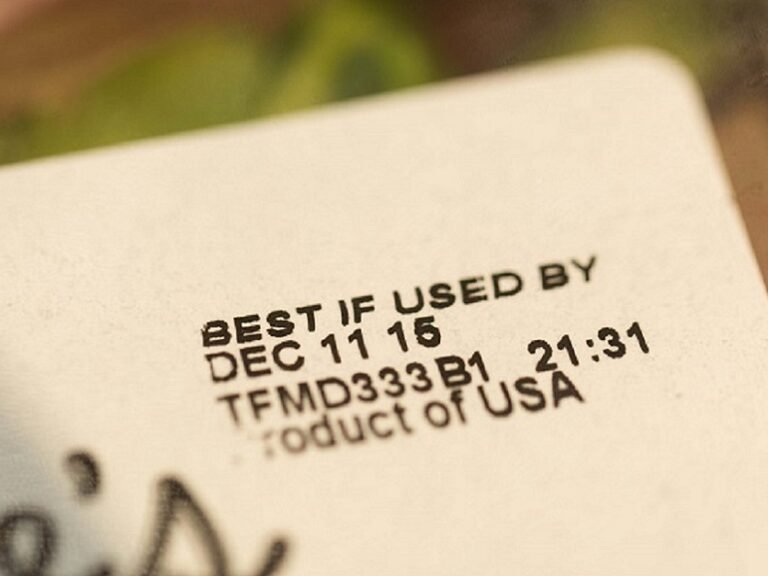Pork Shoulder Smells Like Fart? Here’s What That Funk Really Means

If you enjoy cooking pork shoulder, you might notice a foul odor during preparation. This smell, often likened to flatulence, can be quite unappealing.
While the odor is not harmful, it can affect the taste and enjoyment of your dish. The good news is you can address this issue for a better cooking experience.
Let’s dive into why pork shoulder smells like a fart.
Understanding Pork Shoulder

Pork shoulder comes from the upper part of the pig’s front leg, just above the foreleg. It’s a well-used muscle, rich in connective tissue and fat. This makes it tough if not cooked properly, but ideal for slow cooking methods like braising or smoking.
Pork shoulder is known for its rich flavor and juicy texture. The fat marbling adds moisture and depth, especially when cooked low and slow.
Key Characteristics of Pork Shoulder:
- Tough cut with lots of connective tissue
- Rich in fat and flavor
- Best suited for slow cooking
| Cooking Method | Result |
| Smoking | Tender, smoky pulled pork |
| Slow roasting | Crispy outside, juicy inside |
| Braising | Fall-apart tender texture |
With its bold flavor and forgiving texture, pork shoulder is a go-to for comfort food classics and backyard BBQs alike.
| Read: Smoking Pork Shoulder: Is It Fat Side Up Or Down? |
What Does It Mean When Pork Shoulders Smell Like Farts?
When pork shoulder smells like a fart, it’s releasing a foul odor reminiscent of sulfur or rotten eggs.
The main cause is hydrogen sulfide, a compound produced by bacteria. If pork isn’t stored right or cooked to the right temperature, bacteria can grow and release this compound, resulting in a bad smell.
“To butcher a pork shoulder is to be forcibly reminded that this is the shoulder of a large mammal…” – Michael Pollan, Author
Although the smell might be unpleasant, it’s not harmful. You can mask it by cooking or adding aromatic herbs and spices.
To prevent the smell from happening, follow proper cooking and storage techniques.
How to Prevent the Fart-Like Smell?
- Cook the pork to the proper temperature—pork should be cooked to an internal temperature of 145°F (63°C) to kill harmful bacteria. This procedure will also prevent bacteria from producing hydrogen sulfide, the compound that causes the fart-like smell.
- Store the pork properly – Keep pork in the refrigerator at 40°F (4°C) or below. Use it within a few days of purchase.
- Use fresh pork – Fresh pulled pork is less likely to have bacteria that cause the smell. Check for freshness and avoid strong odors when buying.
- Avoid prolonged exposure to air – Prolonged exposure can cause bacteria to grow and produce a fart-like smell. It’s best to keep the pork in an airtight container or wrapped tightly in plastic wrap.
- Don’t leave the pork at room temperature for too long – Leaving pork at room temperature for an extended period can promote bacterial growth. Keep the pork refrigerated until you’re ready to cook it.
What to Do If Pork Shoulder Smells Like Fart?
- Add aromatic herbs and spices – Adding aromatic herbs and spices like rosemary or thyme [2], garlic, or onions can help to mask the unpleasant smell and add flavor to the dish.
- Cook the pork to the proper temperature – Cooking the pork to the proper temperature of 145°F (63°C) can help eliminate the bacteria causing the foul odor.
- Discard the pork if necessary – If the smell is powerful or the pork is slimy or sticky to the touch, it’s best to discard the meat.
- Use a different cooking method – If unsure about the pork shoulder, try slow roasting pork shoulder with a dry rub, braising with aromatic veggies and stock, or smoking with wood chips to improve flavor.
Can You Still Eat Pork Shoulder If It Smells Like Fart?
If your pork shoulder has a fart-like smell, it can be off-putting. However, in most cases, it’s still safe to eat.
“While the aroma of pork shoulders may not always be enchanting, their taste can transform the most pungent of scents into a symphony of flavors.”Eat Gap Restaurant & Food Advice
The smell comes from bacteria that produce hydrogen sulfide, but it’s not harmful. Cooking or adding herbs can help eliminate it.
Make sure to cook the pork to 145°F (63°C) to kill harmful bacteria. If the smell is strong or the pork is slimy, it’s best to discard it for safety.
FAQs on Pork Shoulder Smells Like Fart
What are some flavorful ways to cook pork shoulder?
Some flavorful ways to cook pork shoulder include slow-roasting with a dry rub, braising with aromatic vegetables and stock, or smoking with wood chips for a smoky flavor.
How to know when pork shoulders have gone bad?
You can tell if pork shoulders have gone bad if they have a sour or rancid smell, are slimy or sticky to the touch, have a grayish or brownish color, or have any visible mold on the meat.
Key Takeaways
While the fart-like smell in pork shoulder can be off-putting, it’s generally not harmful. Proper storage and cooking techniques can help prevent it.
The smell is caused by bacteria producing hydrogen sulfide, but cooking or using aromatic herbs can eliminate it.
By following safe practices, you can enjoy delicious pork dishes every time. If you encounter a foul odor, don’t worry—there are ways to salvage the dish!
References:
- https://www.bbcgoodfood.com/glossary/pork-glossary
- https://www.webmd.com/vitamins/ai/ingredientmono-154/rosemary

Kathy is a restaurateur, artist, and blogger. After spending more than 10 years in the restaurant industry, she has decided to go digital and share her expertise and experience online.





